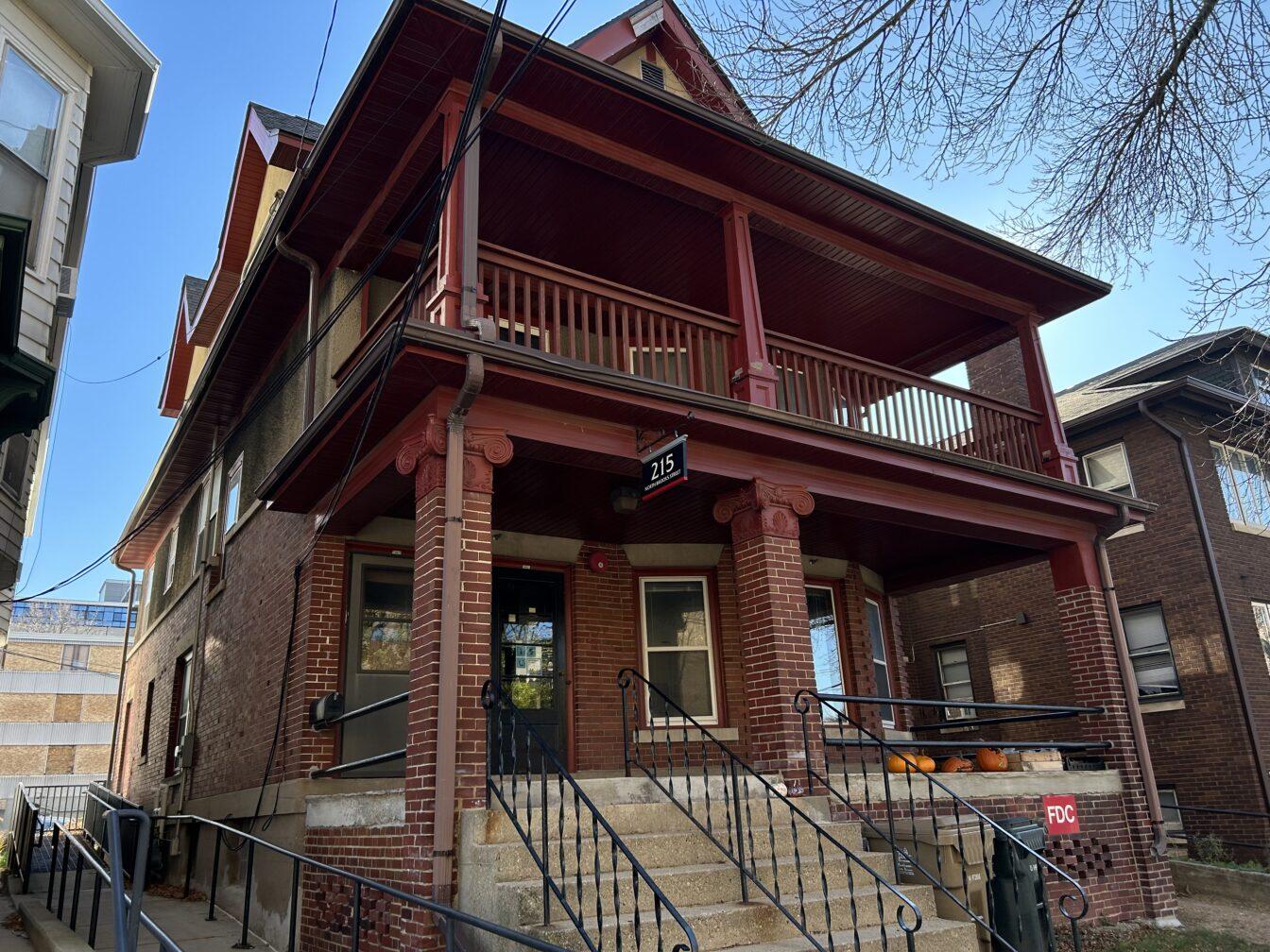Native American Heritage Month, recognized throughout the month of November, will be celebrated at the University of Wisconsin through the theme of “Laughter is Medicine,” according to the Native November website.
Indigenous groups and individuals have been celebrating the month since 1990, but this year will be the 10th official celebration at UW, according to president of Wunk Sheek and member of the Oneida Nation Kira Adkins.
In 1976, there was a “Native American Awareness Week” Oct. 10-16, which was changed to “American Indian Week” Nov. 23–30, 1986. For the next four years, this continued, until 1990 when President George H. W. Bush signed a resolution designating November as National American Indian Heritage Month, according to the United States Senate website.
The month is a celebration of Indigenous culture and community, Adkins said. The focus is on uplifting Indigenous organizations and individuals on campus and educating non-Indigenous people about Native activism and culture.
“We will be going by a theme — which is ‘Laughter Is Medicine’ — for the entire month,” Adkins said. “That’s just revolving around celebrating who we are as a people and what we bring to the table and just the community that we offer to campus.”
The American Indian and Indigenous Studies Program teaches about Indigenous experiences all year, but November is a time they can truly highlight the community on campus, according to administrative assistant of the program Morgan Smallwood.
Native November is a time for those to celebrate Native American heritage, to recount its history and to show the contemporary experience of Indigenous people on campus, Smallwood said.
“The cool thing about November is it’s a month that’s been designated as a time for us to kind of collectively pay special attention to topics around Native and Indigenous issues,” Smallwood said. “It’s a time where there’s a lot of collaboration that goes on, especially on campus.”
There are events happening across campus through the whole month, including the Elder-in-Residence event. The American Indian and Indigenous Studies Program hosts and coordinates the Elder-in-Residence, who stays on campus, attends classes and events and are also available to meet one-on-one with students as a resource and a connection to an important part of the Indigenous community, according to Smallwood.
This year the Elder-in-Residence is former Director of the Menominee Language and Culture Commission Karen Washinawatok, who will be on campus Nov. 6-10, according to the Native November events calendar.
This event provides students with access to essential cultural assets, to build relationships between Tribal Nations and the university and to enhance the overall campus experience and Native student retention, according to the events calendar.
Wunk Sheek and the Indigenous Student Center is hosting a Ribbon Skirt Workshop Nov. 3- 4, teaching Indigenous individuals how to make ribbon skirts and shirts, which are worn to important events and special gatherings, according to Adkins.
Other events during the month include a discussion of the show “Reservation Dogs,” Nov. 9 and a screening of the movie “Killers of the Flower Moon,” Nov. 16.
A highlight of Native November is the keynote at the end of the month, Dallas Goldtooth, an activist and performer, best known for his role in “Reservation Dogs,” from 7-9 p.m. at the Gordon Event and Dining Center.
Though the theme of this year is “Laughter is Medicine,” it is important to acknowledge ongoing challenges for Indigenous students on campus, according to Adkins.
“The Indigenous Student Center is still being displaced here on campus,” Adkins said. “This is not the first time, this isn’t even the third time. It has happened many, many times before, and it is still happening today. I think raising awareness about that in this month not only comes and takes the burden off of Indigenous people, but it also just raises the awareness over what non-Native allies can educate themselves upon in their free time.”
Wunk Sheek will be sharing a timeline during the month of November of the history of their center’s displacement on campus on their Instagram page, which everyone is encouraged to look into and educate themselves on, Adkins said.
For non-Indigenous people and allies on campus, education and raising awareness are important this month, Adkins said.
“I think when it comes to the month itself, coming to events where its intent is to educate non-Native people [is a good way to celebrate],” Adkins said. “There’s purposeful events for educating campus and there’s purposeful events for our non-Native allies.”
The events designed to educate are open to all people on campus, while other, more specific events are designed for Indigenous students and community members, according to Smallwood.
Another practical and easy way to become educated about Wisconsin in particular is to look into some of the different Tribal Nations that are in the state and learn about them, Smallwood said.
Financial support and donations are also highly encouraged, not only this month, but through the whole year, according to Adkins.
“We do need financial support when it comes to events like this,” Adkins said. “There isn’t just money sitting around for us to put on all these different programs and all these different ways of celebrating. It’s something that we all have to put work in to find the resources for. If there is an ability to give financial support to these organizations, then I think that is just the best way physically to support this type of month.”
More information on events through the month and ways to celebrate and support Indigenous students and organizations can be found on the Native November website.


